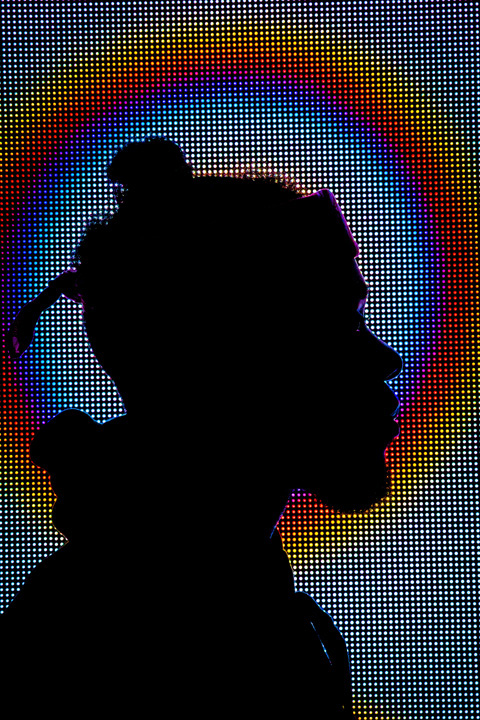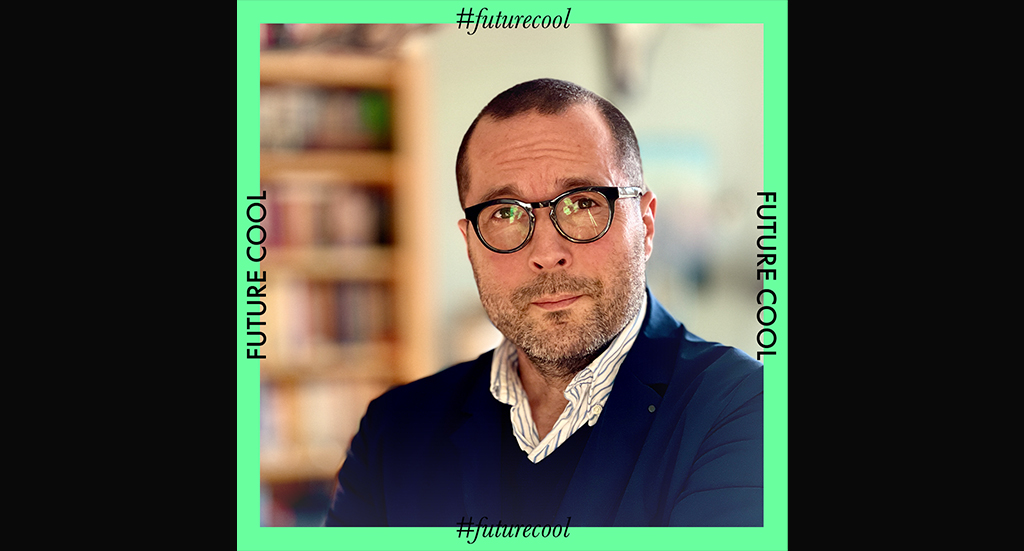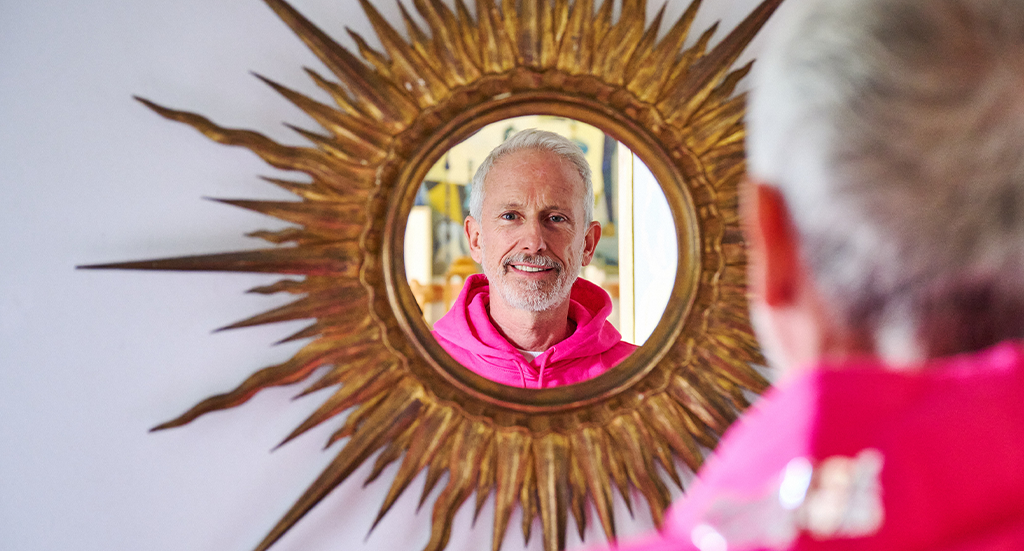Future Cool
The future?! Let’s get it on!
The future? Let’s get it on!


Whereas in our society we have recently learned that empathy is rather a hindrance and takes us away from the hard facts, the true, it will play an ever greater role in the digital world.
First of all, I would like to ask you: how empathetic are you? How well can you interpret the feelings of your fellow human beings and above all: how do you respond to them? Or also: how do you go through life yourself? Do people see your feelings or are you more of a poker face? Are you comfortable when people can read you or rather uncomfortable?
And what about your empathy in relation to nature? Trees, plants, water: do you feel what nature feels and act accordingly or do you think it’s esoteric baloney? And at work? Do you consider black figures on the exelsheet to be the highest of emphatic feelings or are you inspired or slowed down by the energy of your employees?

Empathy is one of the most underestimated human abilities. Yet, in the industrial age, we have even learned to turn it off: “Facts, facts, facts!” We wanted to approach this “analytically”. We were focused on the product, not the people. On the industry, not the society.
That’s why we optimised the industry, not our everyday society. Starting with work, which we measure in hard result numbers, our education, which is supposed to represent our performance in grades and IQ (for the industrial world, of course), even in health, where we cure symptoms of our self-created everyday life with a repair medicine instead of optimising it holistically. Perhaps not in love. There we are emotional. But otherwise?
We even train ourselves to be unsympathetic. Often already in the first years of life, at the latest in kindergarten with sentences like: “Be nice and tidy!”, “Can you please sit quietly!” and in school it continues: “We are in class, please be quiet, don’t laugh …”, and concentrate on the facts, then you will also get good grades. Where do we learn to observe people? Whether they are well, bad, how they will react in the next moments? Also empathy with the environment: how does it react to us? Not at all. We even put humans above nature, scientifically, as if we were not part of it but it served us. “Knowledge is power!”, but empathy?

Empathy is needed to organise groups well. So actually, we should know better. Because the human species, Homo Sapiens, is superior to many other “animals” on this planet not least because he can organise himself excellently in groups of up to 25 people. And these groups he can organise again in groups of 25 and so on. In this way, we can act in a more coordinated way than other species and are more successful. But knowledge? Facts?
Empathy plays a much bigger role. Because it gives us the ability to organically steer the groups. That is, without first looking at the “factual abilities” of the individual group members. Thanks to empathy, we can perceive groups and their abilities as a whole. This sets us apart from other species on this planet. And is just one example.

So, now comes digitalisation. “It’s all even more technological!”. “There’s no need for empathy any more!” is all they say. But that’s not true. It is precisely here that empathy is needed. Because, in contrast to industrialisation, we no longer have central structures, but many autonomous groups that can put themselves together anew every day.
They decide for themselves and their respective cooperation partners what the best way is. Empathy is the core requirement here. We can safely hand over the ability to recognise hard facts and analyse data to digital technology. It can do that better to a large extent. We are then called upon again when we have to adapt the results to our everyday social life.
Otherwise, what happens is what we currently have: a lot of technology whose benefits for society we often cannot recognise because it is technically prepared with all kinds of knowledge and facts, but not adapted to people. And that is our “new” daily task in the digital age: to shape our lives! And this in the sense of more quality of life and economic quality for as many people as possible. In other words, no longer for “a system” as in industrialisation, which we have permanently optimised.
We have to learn that we can – and must – optimise our lives, our everyday life. Because we shape our future, no one else. And in the digital world, this requires empathy above all – for people and, on a supra-individual level, for companies, organisations and entire regions.






Join our Community